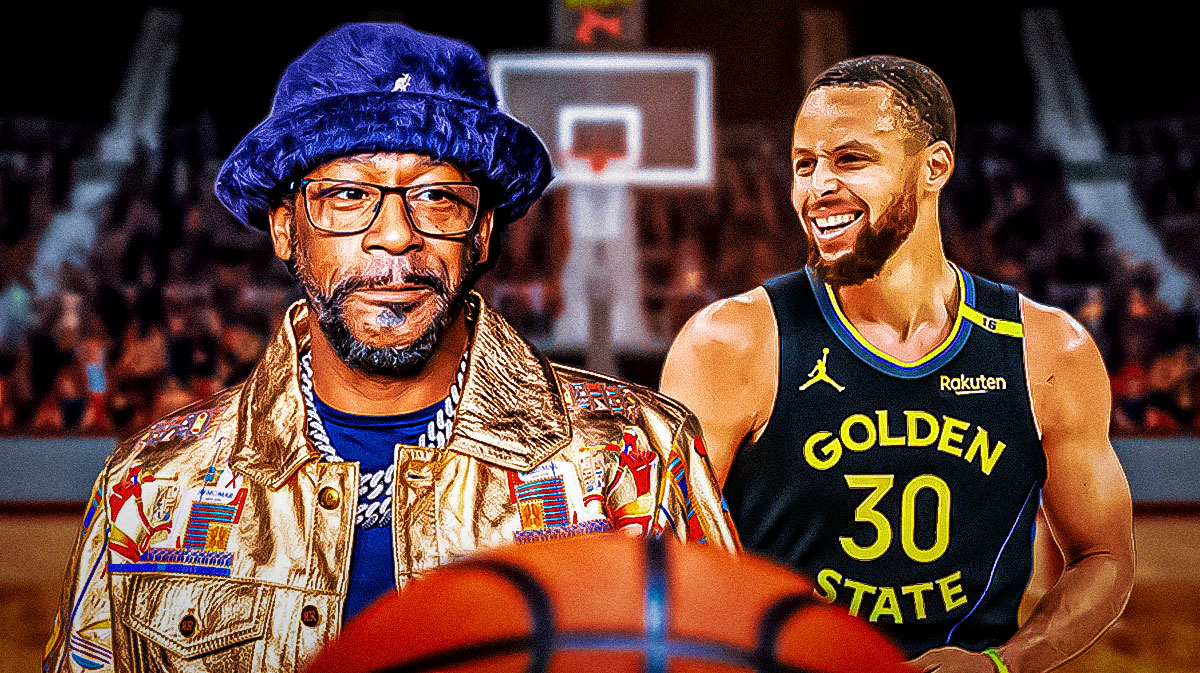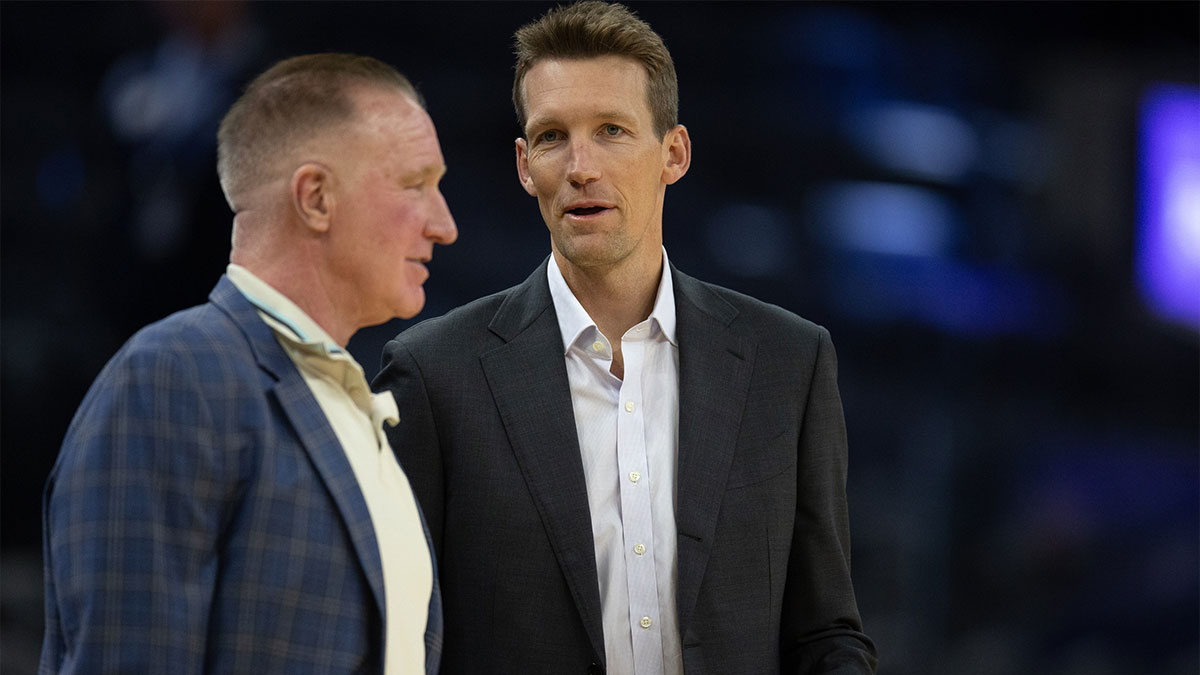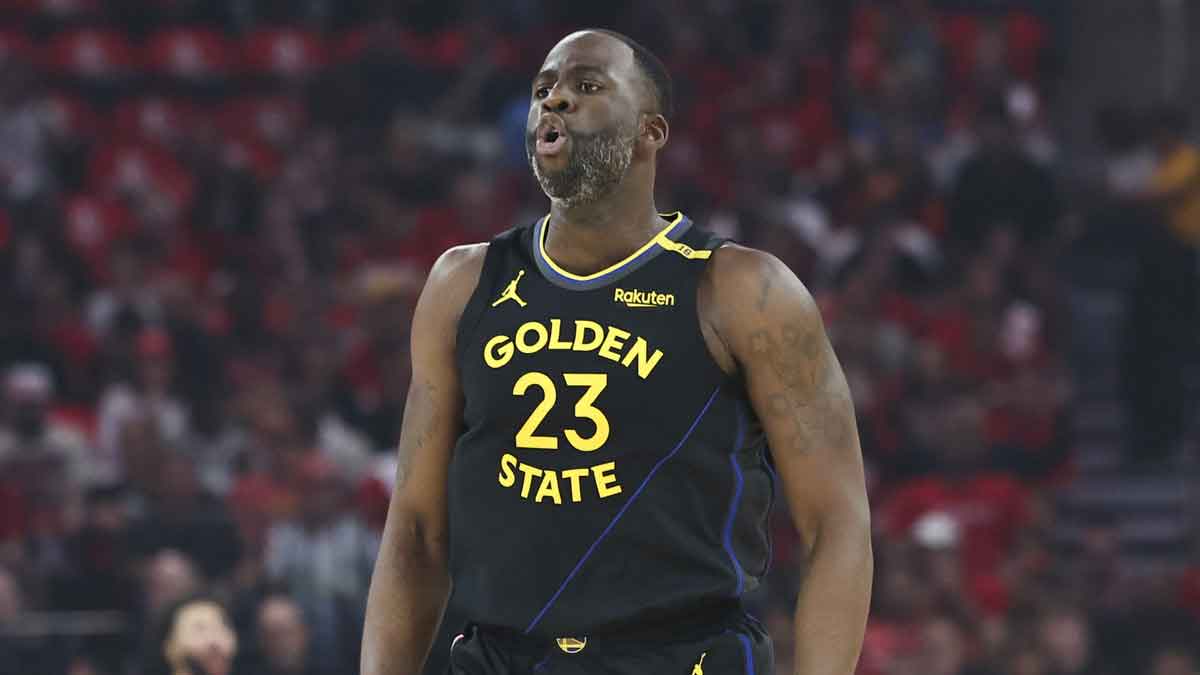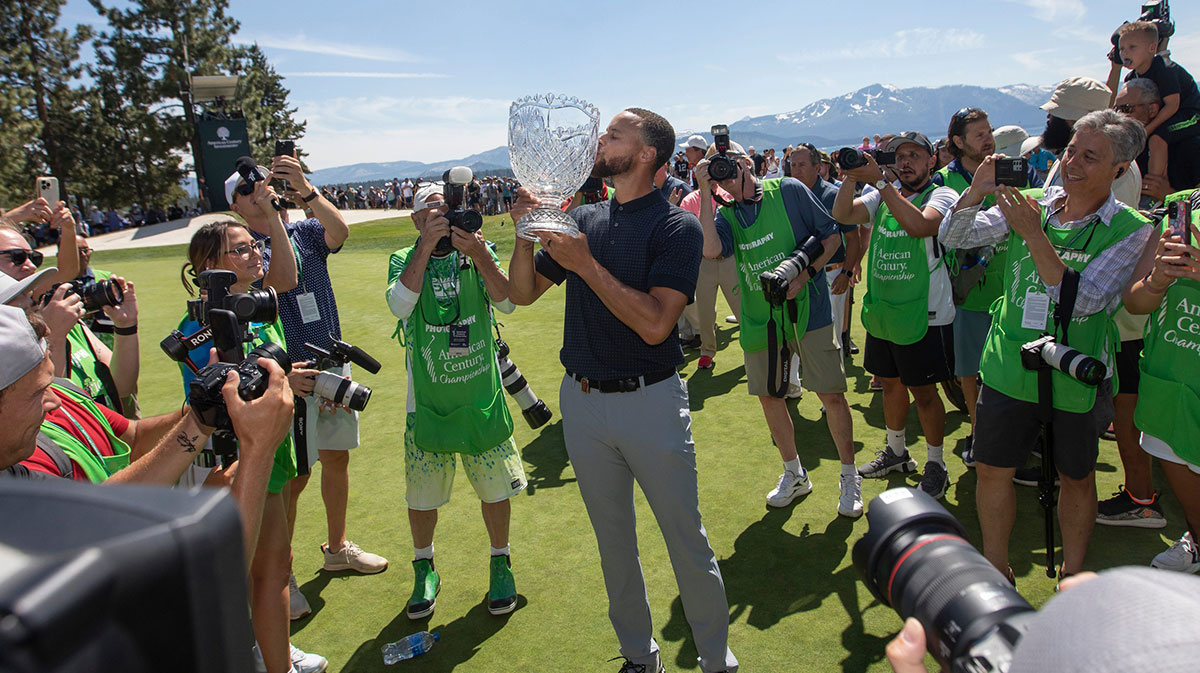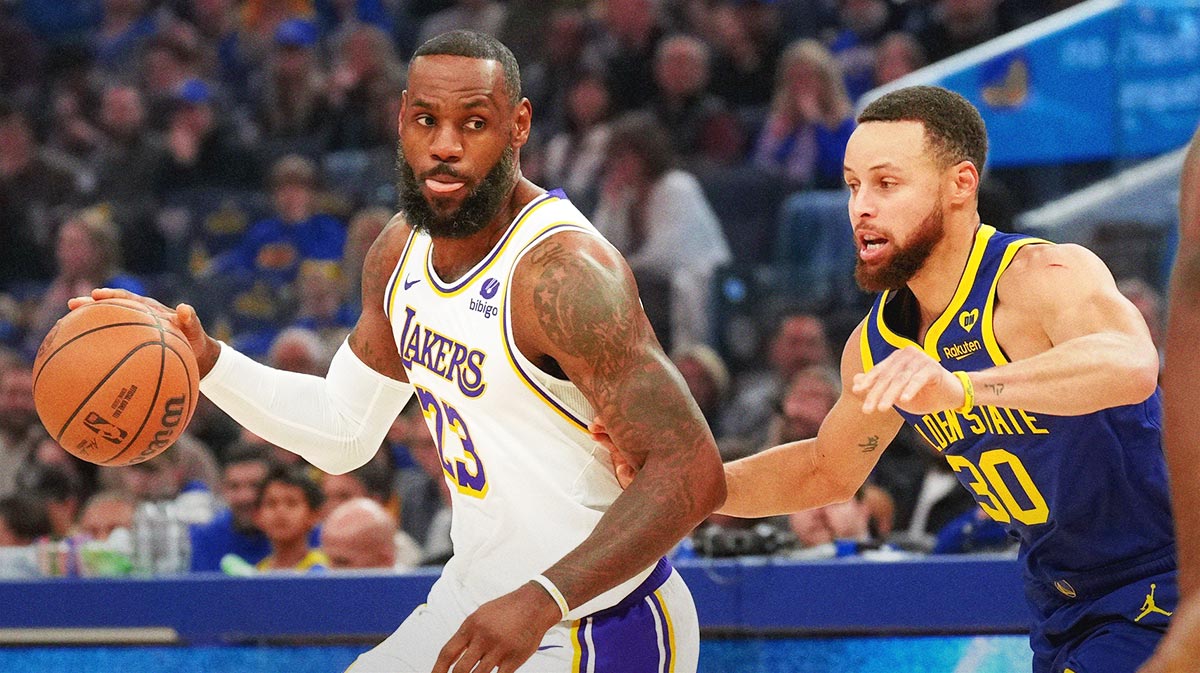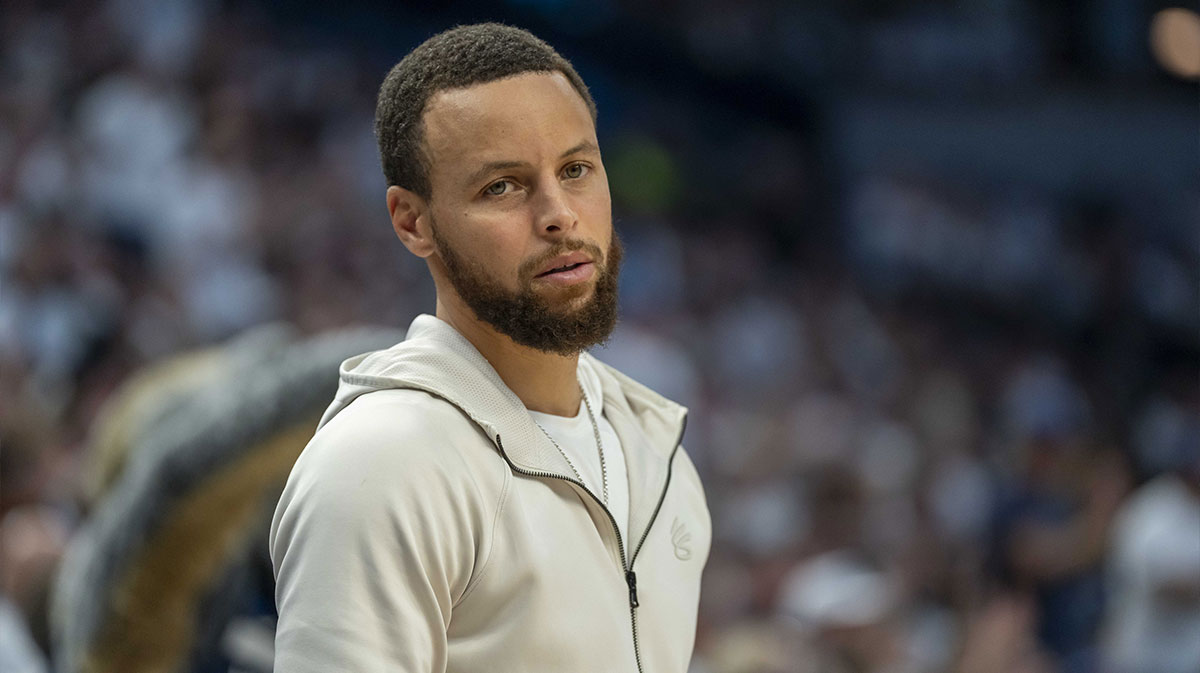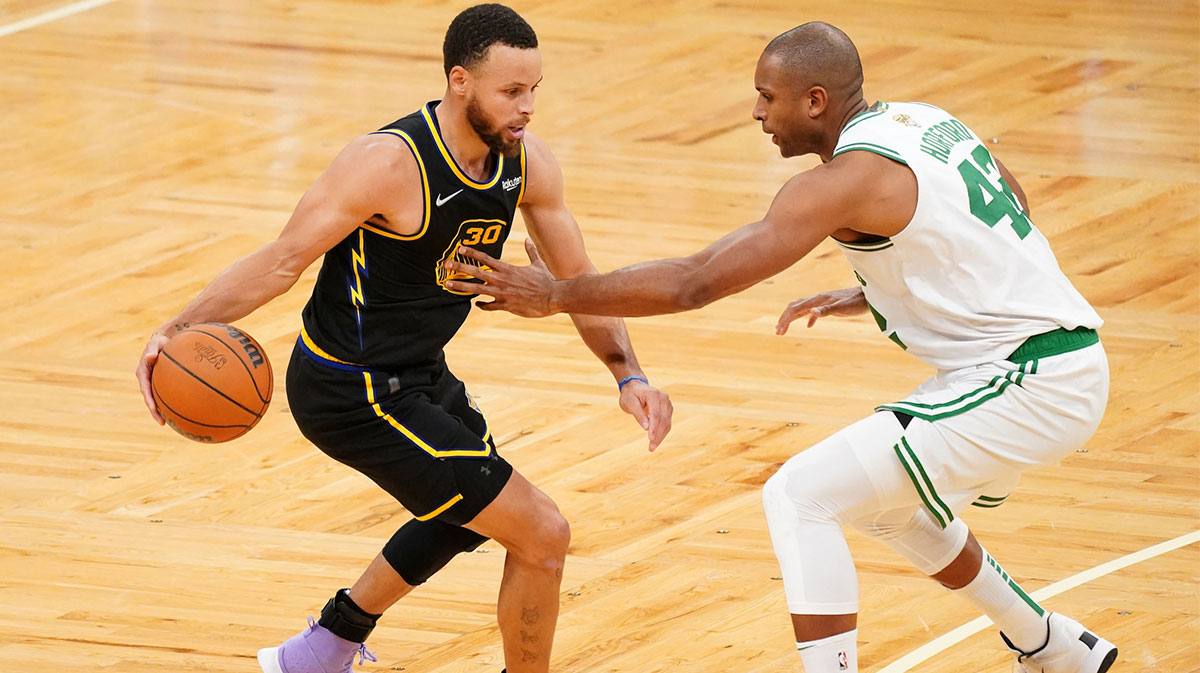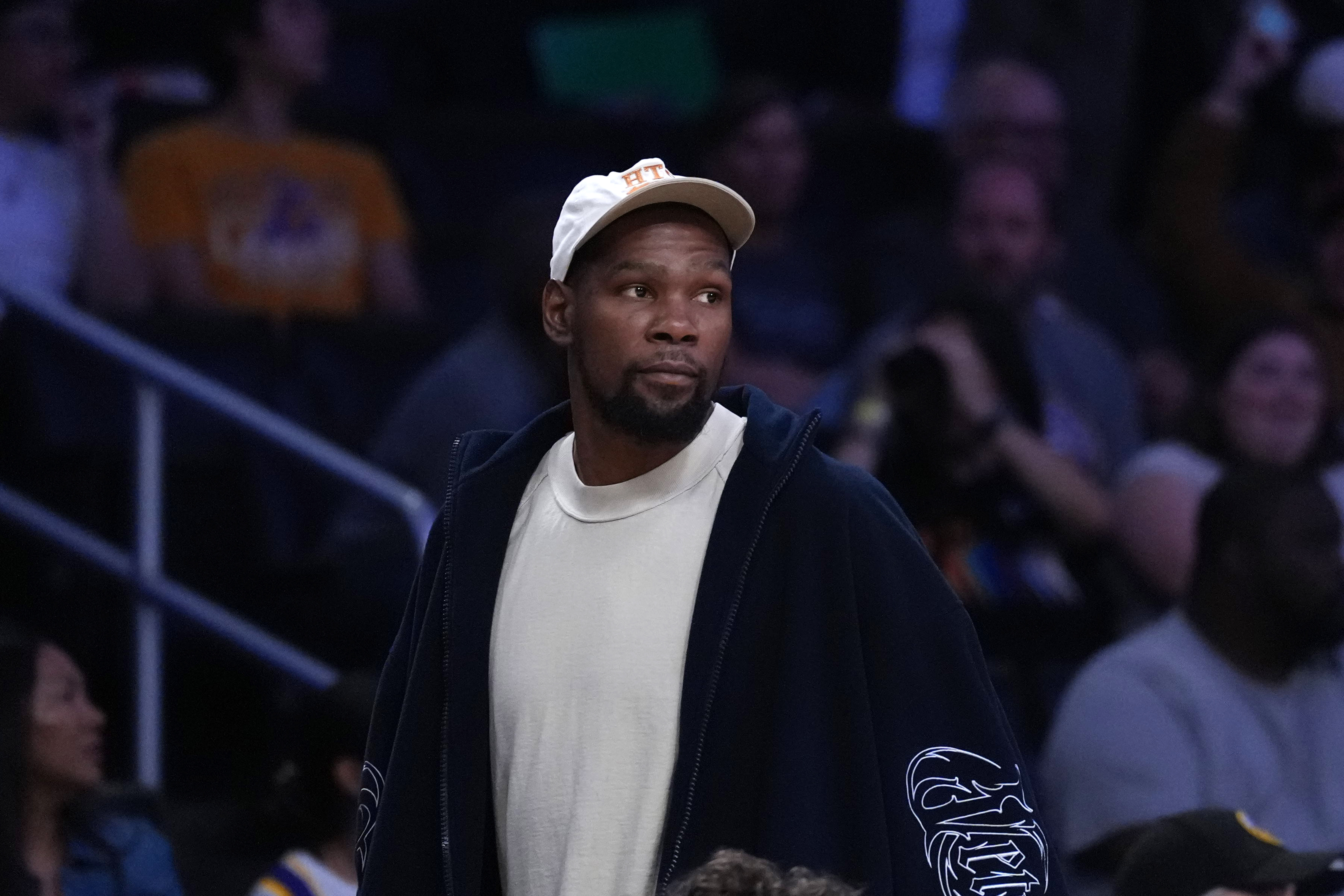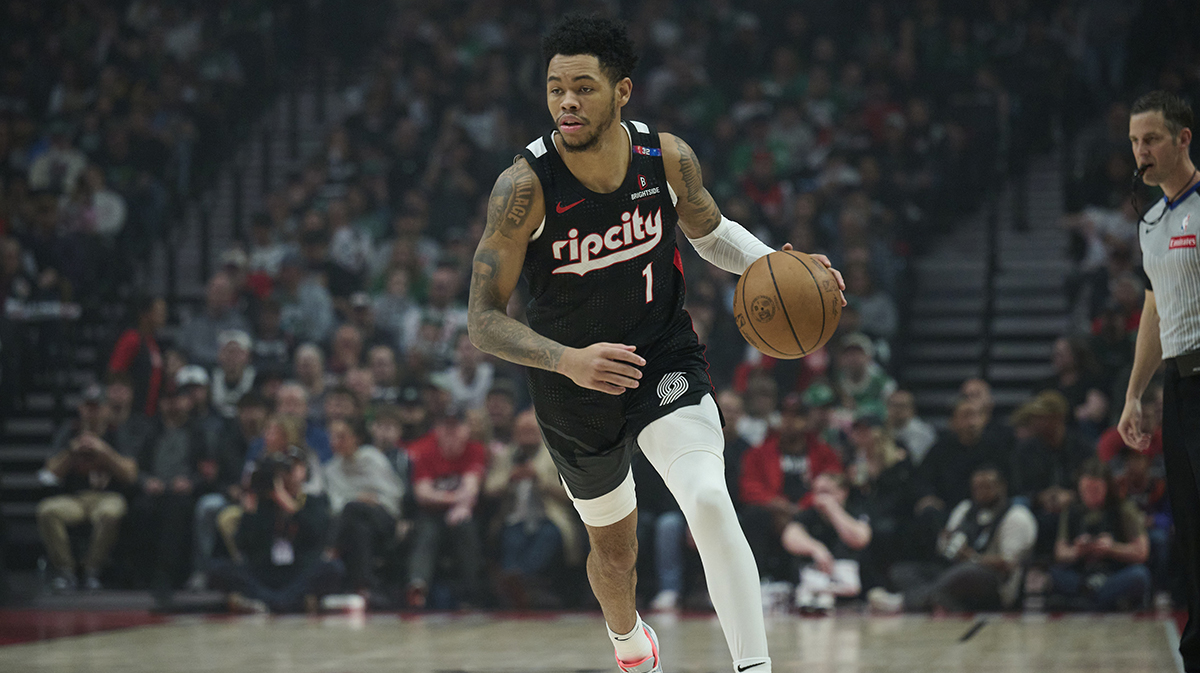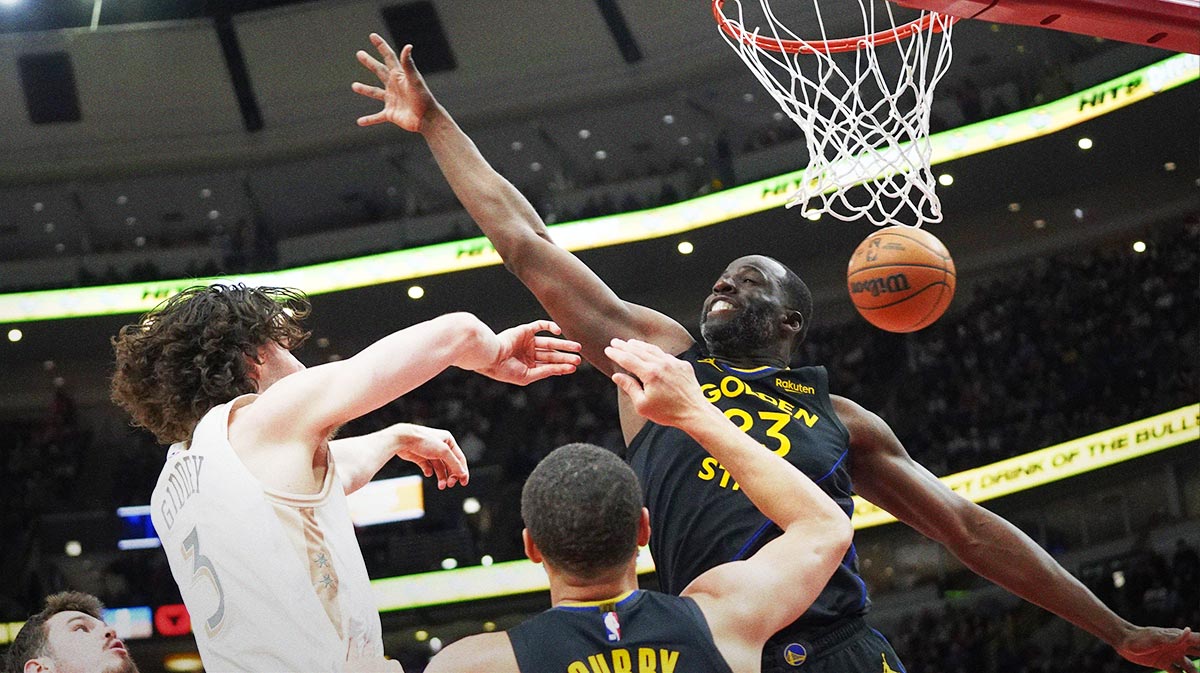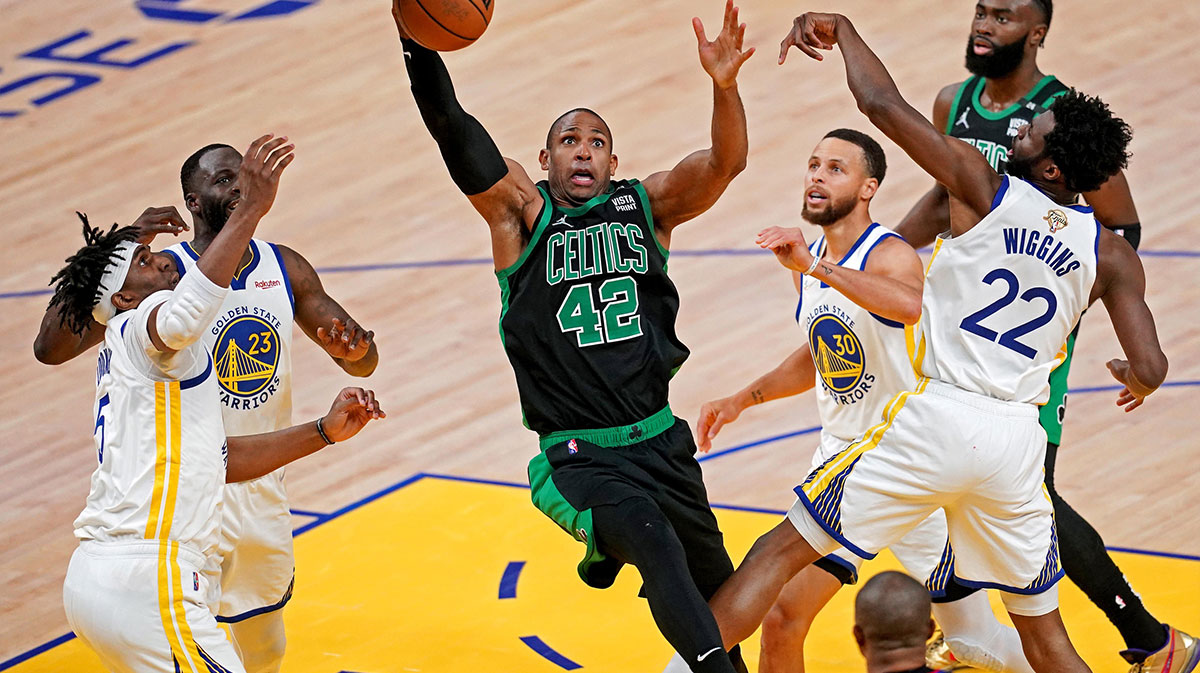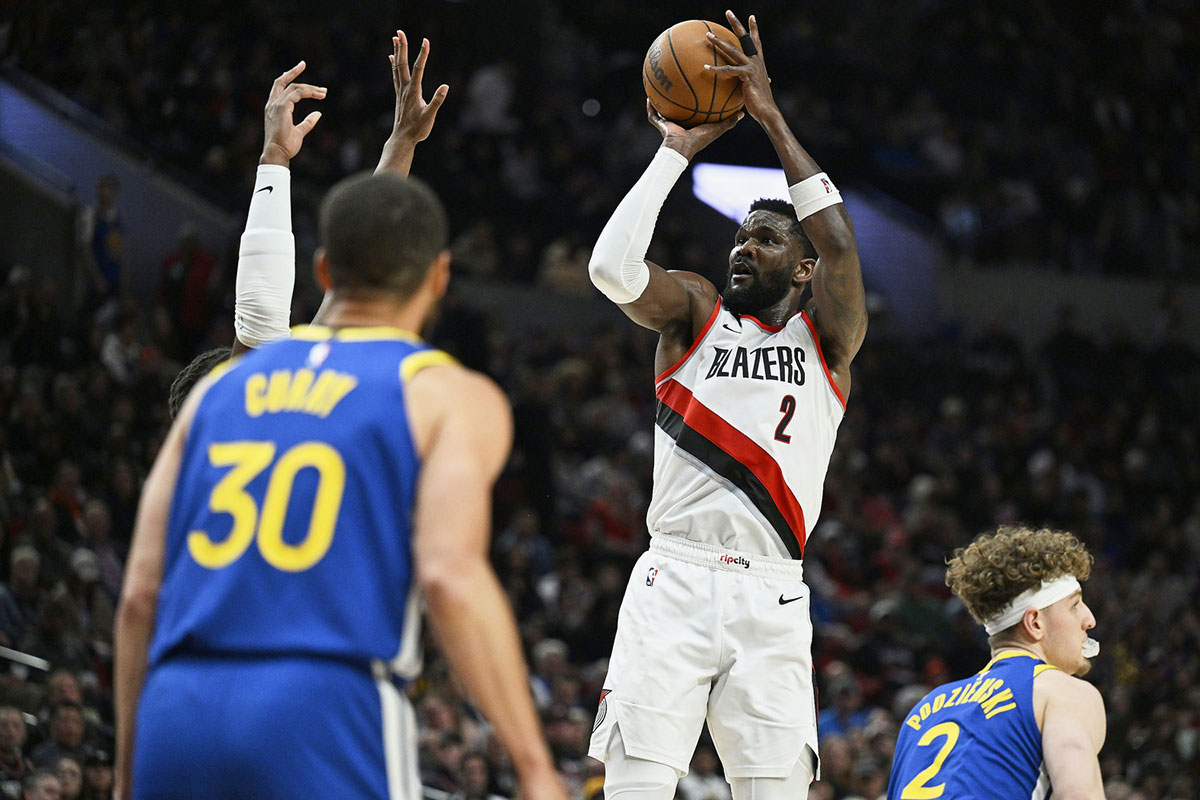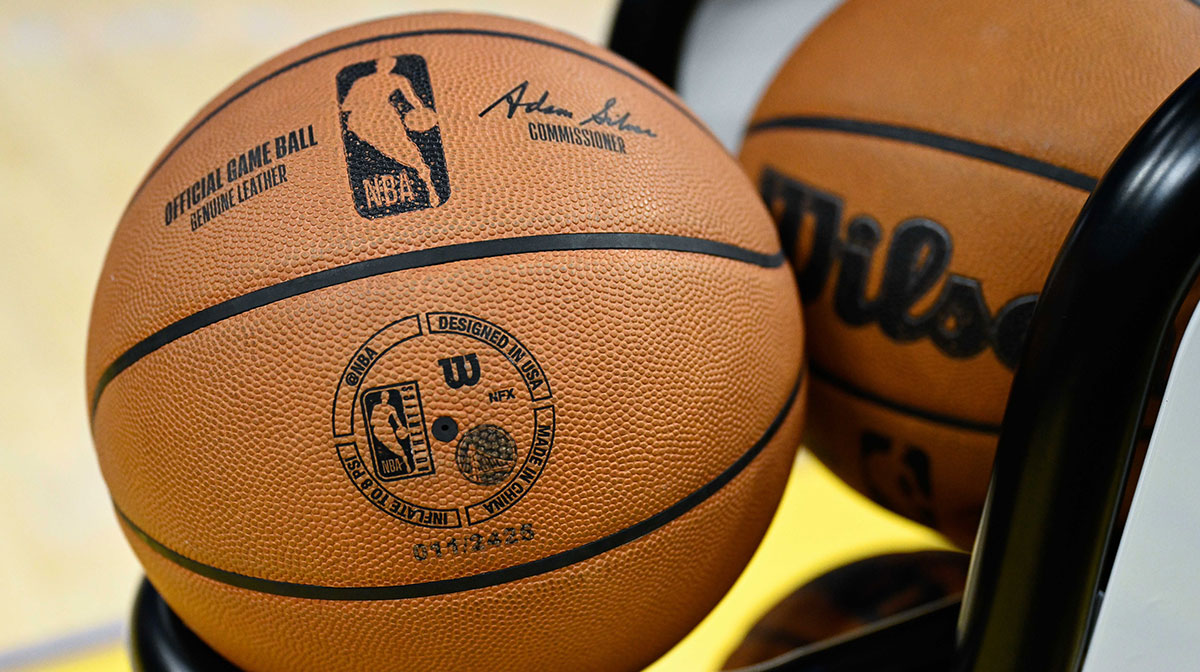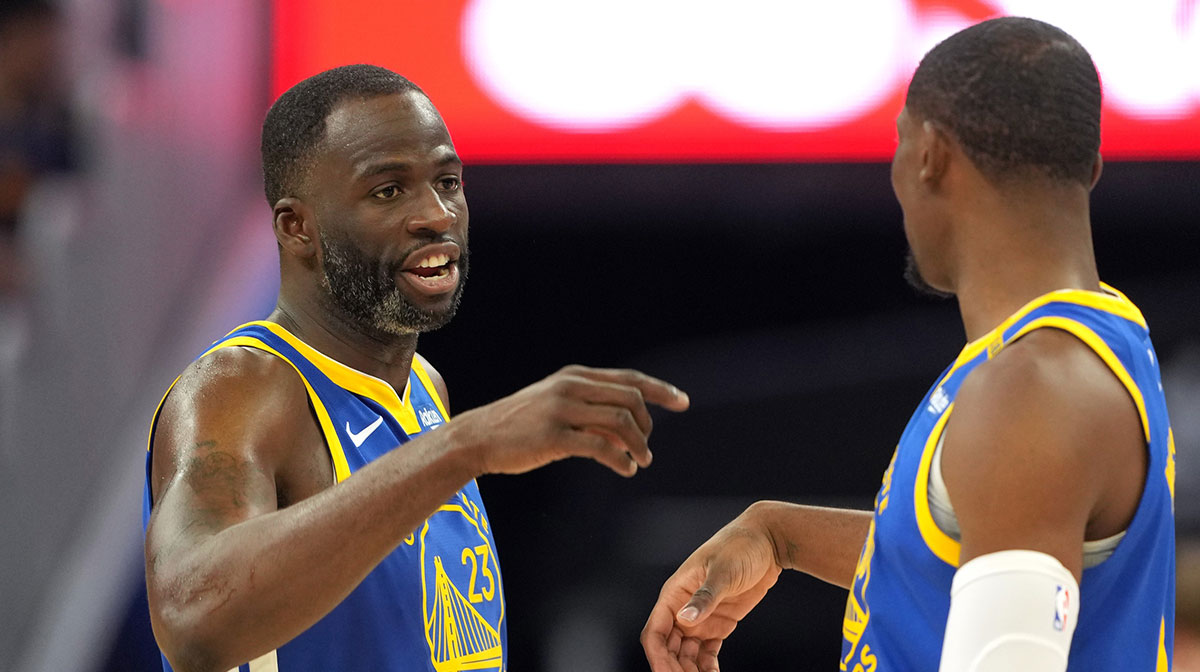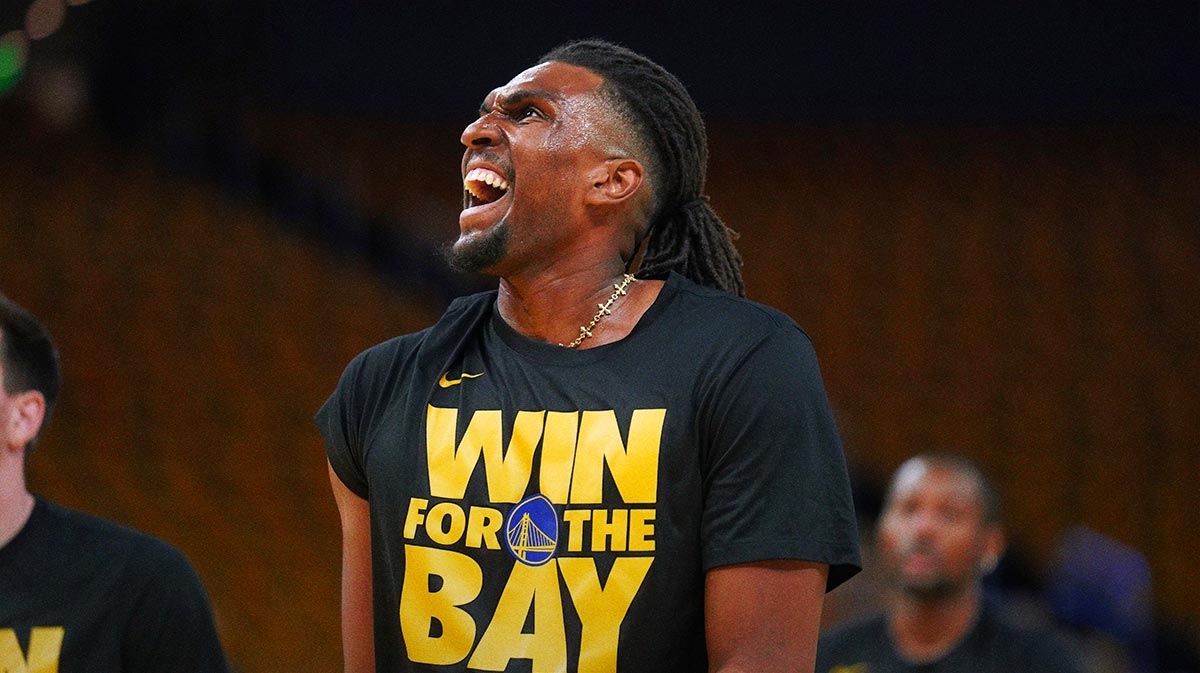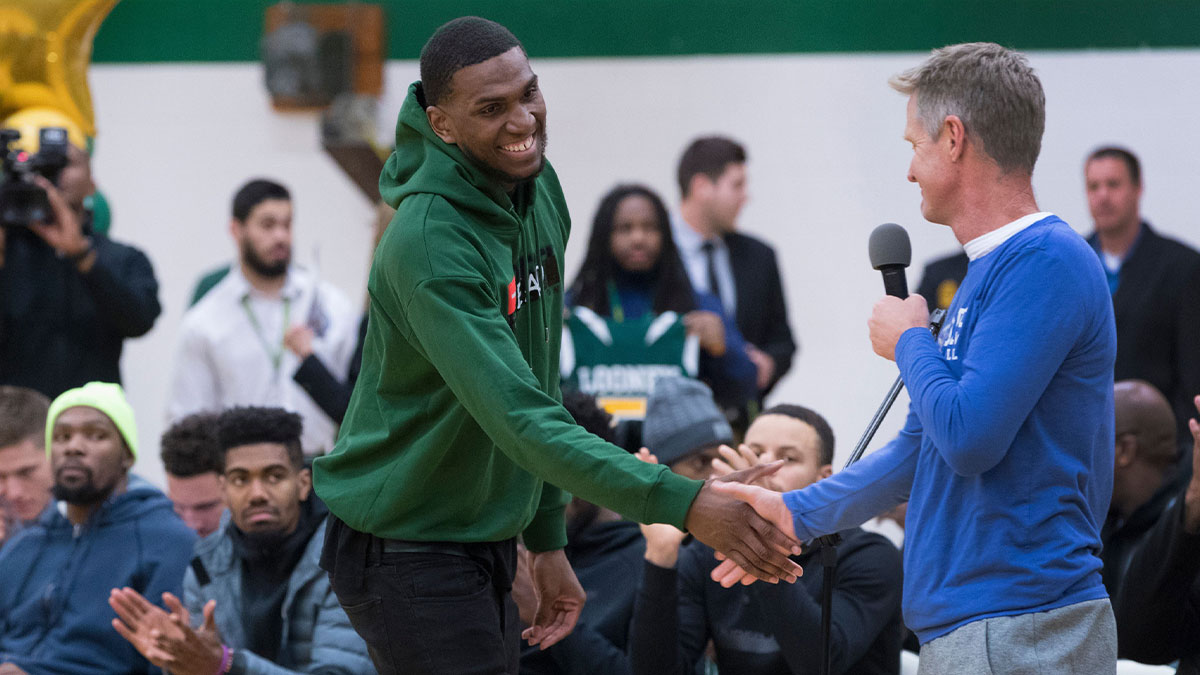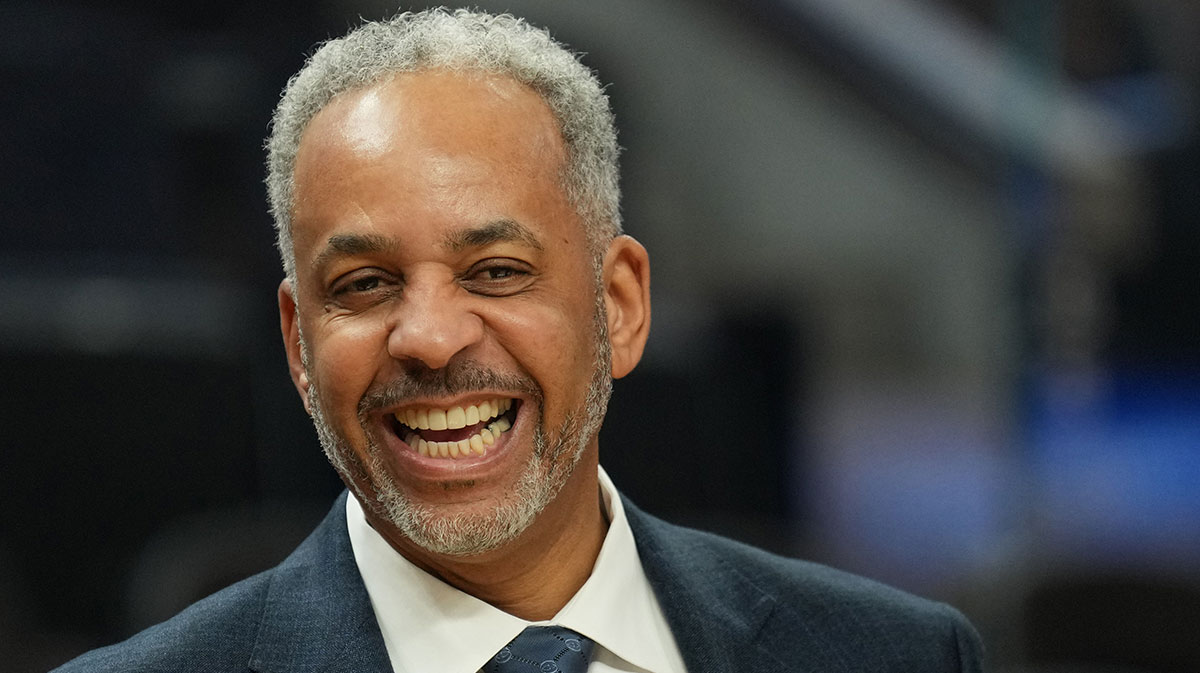The witch hunt for a culprit for Kevin Durant's sudden Achilles injury in the early stages of Game 5 of the NBA Finals has brought oodles of controversy, including longtime analyst Charles Barkley blaming the Golden State Warriors for bringing their star back on the floor too early.
Warriors head coach Steve Kerr and the medical staff have been crucified in recent days, considering the career-altering gravity of Durant's injury and the reverberations it could have over the looming free agency, but he's not turning back on the collective decision of playing him on Monday:
“I know that everyone has an opinion now, and Charles Barkley says we forced him to play or whatever. If we thought there was any chance of him tearing an Achilles, we wouldn’t have sent him out there,” Kerr told reporters on Wednesday, according to Chris Ballard of Sports Illustrated. “We were comfortable with the process and looking back, I'm not sure we would have done anything differently. But once you know the result, you go, ‘Goddamn, can we have that one back?’ But you can't, so…” Kerr paused, then continued. “Ironically, we held Klay out of Game 3 last week and we were worried that if we played him he'd pull his hamstring worse so we didn’t play him and then [came] all these stories that we were too cautious. So what are you going to do?”
There will always be revisionist history when it comes to major injuries of this kind, but the Warriors were utmost careful with Durant's initial calf injury, giving him more than a month to recover from the strain.
Perhaps the short time to practice did him in, but this is an injury that could have happened in Game 6 or 7, or even not at all, depending on the number of situations he'd withstand over the course of the series.
Earlier in the first quarter, Durant barreled into the hardwood with no consequence, but his injury would occur only minutes into the second quarter, effectively ending his season.
Durant underwent successful surgery for a ruptured Achilles on Wednesday under Dr. Martin O'Malley, who previously operated on his foot when he first sustained a Jones fracture in 2015.

